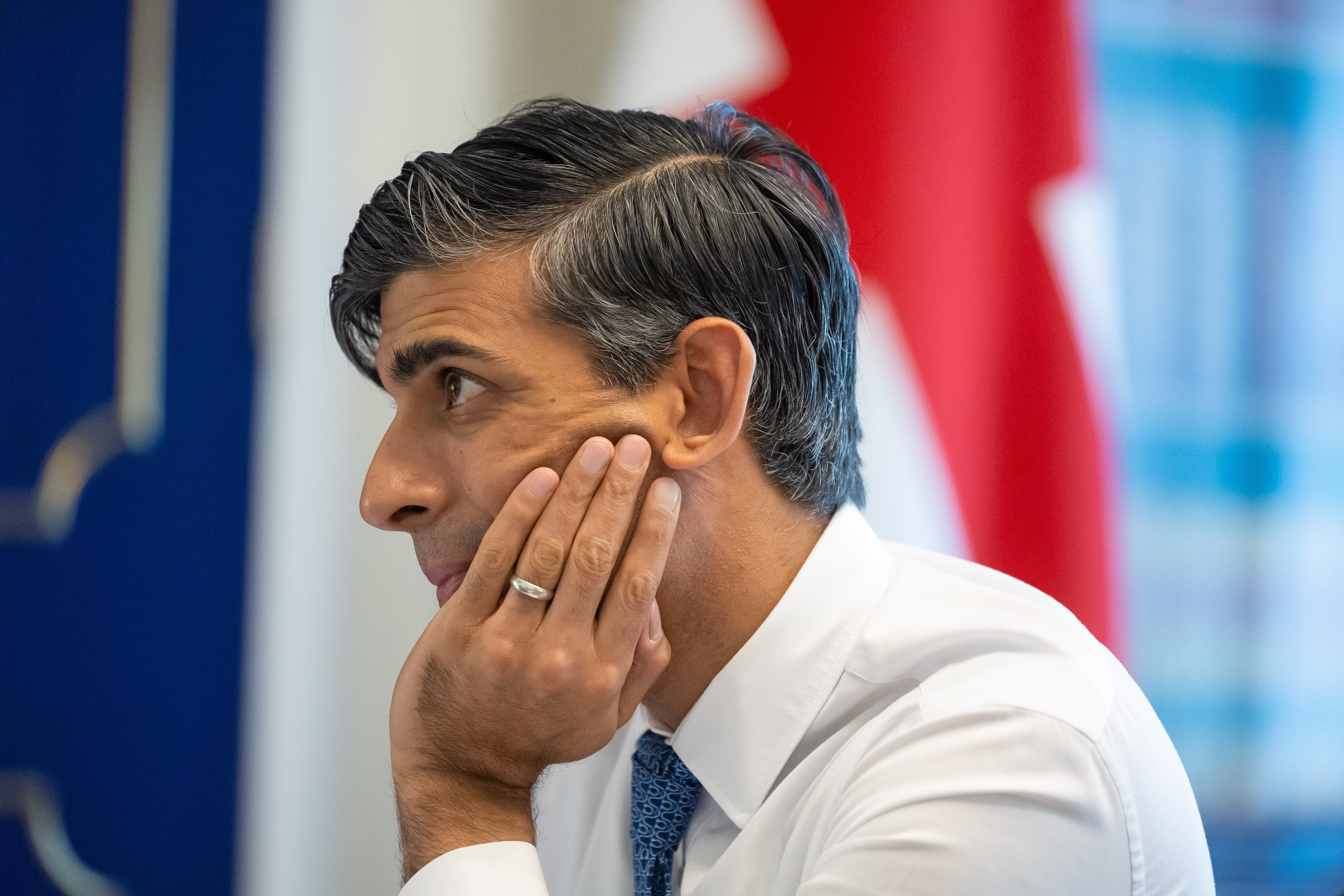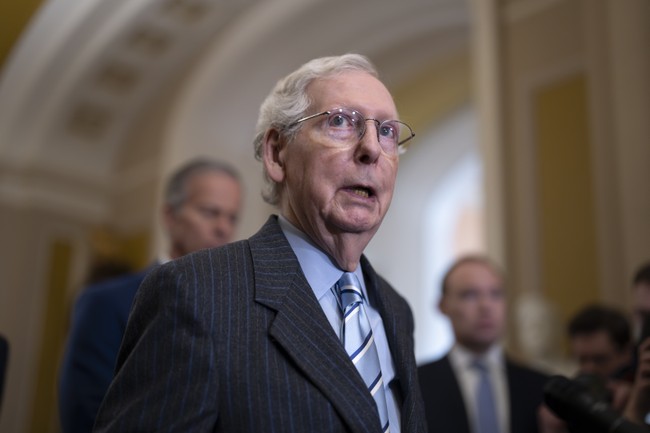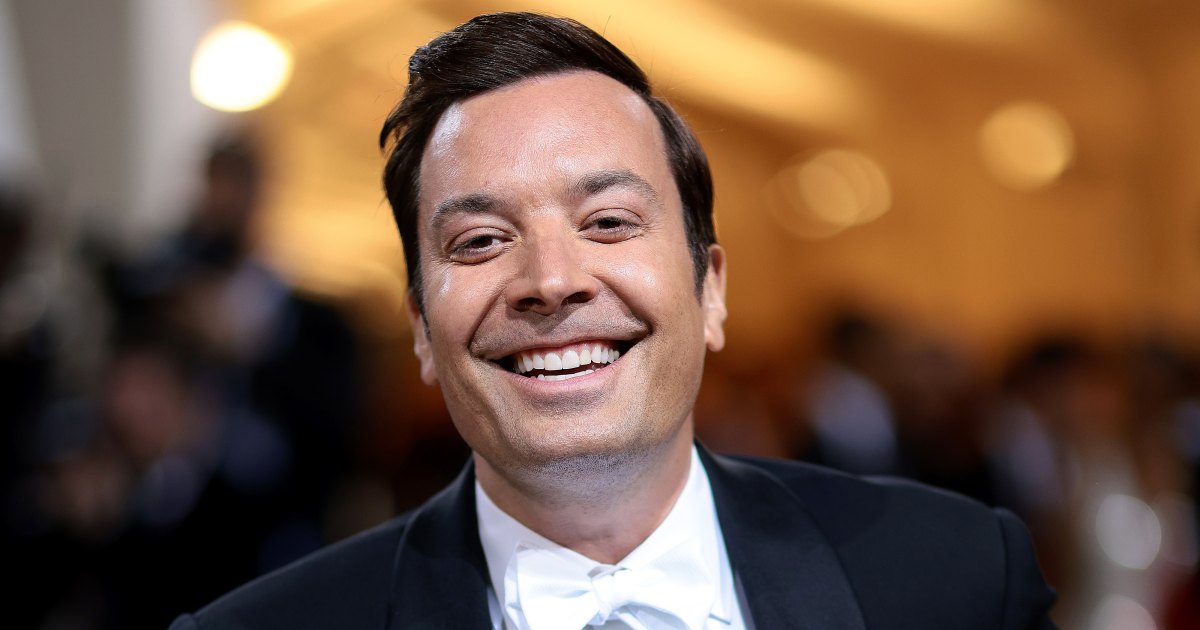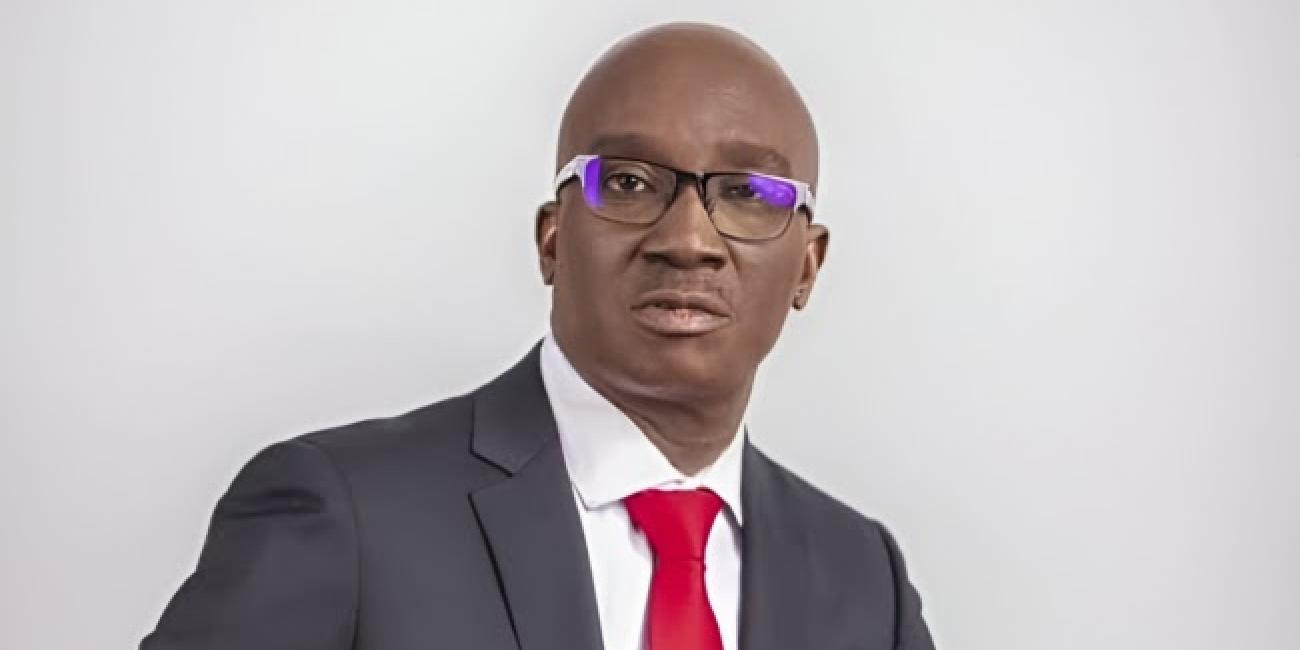What was the point of Rishi Sunak? When he was gushed into Downing Street last year, he could not have been plainer: “some mistakes were made”, he remarked in reference to his predecessor, “I have been elected as leader of my party, and your prime minister, in part, to fix them”.
After Liz Truss’ “restlessness”, Sunak’s doughty professionalism would first calm financiers stirred by the mini-budget, before pivoting to the public. “I understand that I have work to do to restore trust after all that has happened”, he said. If that, audacious attempts at reinvention to one side, remains the aim — then Rishi Sunak is running out of time.
Of course, it is customary, even cliche, to begin with the caveats when it comes to what by-elections mean for an incumbent government. And yes, turnout was low; some Conservative voters will have stayed home; and “Long Boris” leered.
But the brave faces and glib spin from Conservative Party apparatchiks on Friday morning risk appearing some distance detached from the seriousness of the situation. As the polling expert Professor John Curtice (who has previously played down the likelihood of a Labour majority) put it: the results in Tamworth and Mid Bedfordshire “represent one of the worst byelection nights that any government has had to endure”.
Management of game assurance scheme transferring from BGA to Aim to Sustain

GPs want reassurance on how to support staff with menopause, says MDU’s HR partner
In Tamworth, the Conservatives had a majority of 19,634 per cent overturned; in Mid Bedfordshire, where the party had hoped to benefit from a three-way race, the party saw a majority of 24,664 tumble. The outcome in Mid Beds, a constituency that has existed since 1918 and has elected Conservatives MPs continuously from 1931-2023, suggests something more existential for Sunak’s Conservatives than mere mid-term blues.
Indeed, after the results in Mid Beds and Tamworth, the very phenomenon of a “Conservative safe seat” is under question.
Nor can these results be dismissed as isolated events or idiosyncratic pan flashes. Of the 10 seats to have changed hands at parliamentary by-elections in the past three years, eight of them involved monumental swings of 20 percentage points or higher. The Conservatives have so often found themselves with difficult questions to answer after polling day.
In the end, for all the aforementioned caveats about by-elections, one individual who enjoys extrapolating by-elections into a picture of the national mood is the prime minister himself. From a slim Conservative victory in Uxbridge has flowed a whole new philosophy on net zero, with targets pushed back and “pragmatism” embraced. Net Zero now features front and centre in a broader tilt from the prime minister at “change” and against a stale 30 year “consensus”.
Indeed, in comments responding to his brace of by-election defeats, Sunak referred to his “new approach to net zero” alongside the government’s “different approach to HS2” and proposed reforms of smoking.
Following a by-election routing, it is customary that the newly dispossessed party leader is asked whether, in wake of the result(s), they will double down on their agreed strategy or set course for some new departure. But Sunak, who finds himself in an awkward mid-reinvention phase — post-party conference but pre-King’s speech — is, in the immediate aftermath, stuck. He repeats talking points on HS2 and net zero, but again, his priorities now seem detached from the electoral gravity of the situation.
Rishi Sunak’s electoral dilemma
And there are some other salient trends visible in the Tamworth and Mid Bedfordshire contests that bode ominously for the prime minister.
One is Labour’s continued success in constituencies that voted “leave” in the EU referendum in 2016. The victory in Tamworth, which voted by “leave” for 66 per cent, followed the party’s triumph in Selby which voted “leave” by 58 per cent. The local elections in May also showed Starmer making important progress in working-class and previously staunch pro-Brexit areas. Analysis from Sky News at the time found that Labour’s vote share increased by around 6 percentage points in areas where a majority voted for Brexit.
Significantly, both Tamworth and Mid Bedfordshire also showed the enduring threat the Conservatives face from the party’s right flank. Reform UK has posed something of a mystery to election analysts, given the party’s strong polling relative to other minor parties, but poor performance at the ballot box in recent by-elections and certainly at the local elections when the party won just six seats.
But as party leader Richard Tice wrote on X (formerly Twitter) yesterday: “Twice in same night have Reform UK ensured Tories lost their seat with this by-election result. This despite huge squeeze pressure from Tories to voters saying do not vote Reform”. He added later: “Believe me: Reform UK [will] stand in every seat. We will ensure Tories are punished for 13 years of failure. Time for their P45”.
The party’s deputy leader, Ben Habib, explained excitedly how he wants to “destroy the Conservative Party” — a promise he said was “well on the way to being delivered”. After Tamworth and Mid Beds, Reform UK’s threat feels more tangible than ever.
Rishi Sunak’s Party management dilemma
And this is all before one considers the prime minister’s intra-party problems. In the wake of Tamworth and Mid Beds, key party figures are feeling fatalistic. David Frost — the Conservative peer and potential future leadership candidate — has declared that the results “show that the national polls are broadly correct, and that a strategy of denial is unlikely to work”.
Editor of ConservativeHome Paul Goodman has said: “My last expectation of the next election was between a Conservative majority of ten and a Labour one of about 50. I would now push that range from no Conservative majority to a Labour one of 60 or so”.
It is easy to see how the fatalism that results like those in Mids Beds and Tamworth inspire may in time become implicated in intra-party disputes. Various factional groupings will now suggest to Sunak, privately and very publicly, that they possess the answer to his electoral travails.
GB News’ Christopher Hope reports that a full meeting of the European Research Group of Conservative MPs has been called for Tuesday at 5 pm to discuss EU/UK relations, the ECHR as well as “related matters”.
And the New Conservatives, headed by Danny Kruger and Miriam Cates, released a statement on Friday morning saying: “Once again, we’ve lost Conservative seats in Parliament as our voters stayed at home. … We need to give Conservative voters a genuine Conservative mission to vote for once again”.
One wonders whether increased movement on the Conservative right will force the hand of the one nation faction which, as I have noted before, continues to lie dormant. But as former cabinet minister Sir Robert Buckland told the BBC in the early hours on Friday: “I’m not looking for academic arguments about issues that are not going to swing voters. I’m looking for serious, grown-up approaches to the issues that really matter – on the economy, on housing, on the future for our young people”.
(Crucially, here, Buckland and the New Conservatives’ Cates and Kruger are speaking entirely at odds. Buckland wants to talk to swing voters, whereas Cates and Kruger implore Sunak to motivate the party base. It begs the question of who the PM now thinks his target audience should be).
Elsewhere, Sunak has been accused of misreading the room on net zero by former chief of staff to Theresa May Gavin Barwell and Sam Hall, Director of the Conservative Environment Network, an organisation which boasts a mighty parliamentary caucus. “There is no evidence that the Prime Minister’s recent changes to net zero policies have caused the defeats”, Hall says, “it is clear that they haven’t prevented them”.
Oh, and David Frost has argued for the Telegraph: “The Tories need to change – or we’re heading for the rocks”. It shows that Sunak’s purported “vision” expressed at Conservative party conference has far placated his party at large, as I have before suggested would be the case.
And all the while, the clock ticks. Sunak is running out of time to cohere a vision — which squares the circles on Reform UK’s challenge, the matter of base motivation and the incentives on swinging voters back. He is running out of time to stamp his authority on his party as factions swirl and egos agitate. He is running out of time to prove to his party he can win. And, above all, he is running out of time to win the “trust” of voters — his overriding ambition according to his first speech as PM.
And with further by-elections potentially around the corner in historic bellwether Wellingborough (Peter Bone) and Red Wall totem Blackpool South (Scott Benton), Labour has more lions’ dens to plunder.
The prime minister, desperate for time to inspire some revival in fortunes in and around his party and among the electorate at large, may now be persuaded to push an election back as far as possible. The PM will try his best to stretch time in the parliamentary session begun by the King’s Speech set for 7 November, but the clock is now well and truly against him.
Josh Self is Editor of Politics.co.uk, follow him on Twitter here.
Politics.co.uk is the UK’s leading digital-only political website, providing comprehensive coverage of UK politics. Subscribe to our daily newsletter here.




















Discussion about this post